Philip Puggaard started the podcast series Boys Don’t Cry: “Feeling alone is the worst feeling in the world”
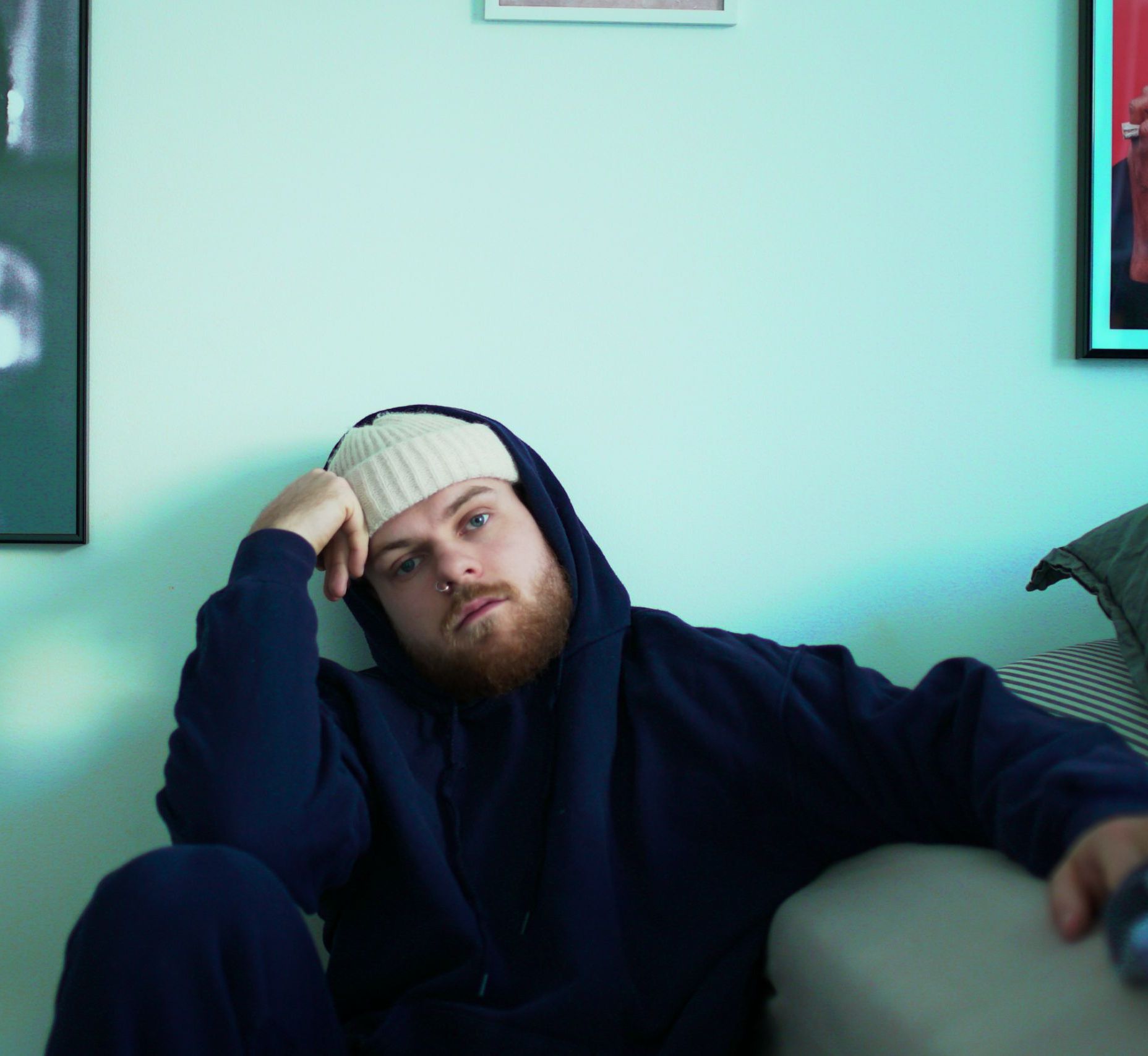
"I have noticed that showing appreciation or acknowledging another person through a comment such as ‘I really like your shoes’ often becomes an instigator for further conversation," says Philip Puggaard. (Private photo)
“When I recorded the first episode that Sunday, I remember thinking to myself how I had been in the wrong headspace all day, but that it presented the perfect opportunity to press play and record,” says CBS student Philip Puggaard. Now, he is inviting guests to share their personal experiences and have open discussions surrounding topics that are difficult to talk about.
“I could never have predicted the response would be this big and overwhelming. I realise that my anticipated number of listeners was set way to low,” says Philip Puggaard, a student of Business Administration and Sociology.
“It really makes me happy and hopeful that so many seem to take an interest in opening up space for more truthful and honest conversations,” he continues with a smile.
With an initial primary aim of offering a helping hand to facilitate emotional conversation between men, the podcast has now expanded its target audience.
“I have had a lot of messages from both men and women saying how they recognise themselves in the thoughts and feelings I shared in the first episode. So, I want this podcast to be a place for everyone in need to be heard or join in and feel a sense of belonging. Regardless of age, gender or who you are, no one should feel alone. That is the worst feeling in the world.”
A personal journey and how a compliment snowballs
Philip Puggaard shares how the process of starting the podcast has been a personal journey of highs and lows over multiple years. The feeling of walking around with a grey cloud over his head has, however, become more prevalent during the lockdowns.
Over the past half to a full year, I have, at times, felt extremely lonely and have searched for a space like this podcast to turn to
“Over the past half to a full year, I have, at times, felt extremely lonely and have searched for a space like this podcast to turn to,“ he says.
“But since I haven’t been able to find it, I decided to take responsibility and create it myself. Both for the sake of my own well-being, as well as for others who I know must be going through similar things.”
The ‘Boys Don’t Cry’ podcast stands as a testament to how a bad day can spark an incentive to actively search for better days ahead.
“When I recorded the first episode that Sunday, I remember thinking to myself how I had been in the wrong headspace all day, but that it presented the perfect opportunity to press play and record,” he says.
In the first episode, Philip Puggaard shares his own experiences about feeling out of place and walking around with a sensation of not belonging. He offers thoughts on what it is like for him to live a real life in parallel to ones flawlessly portrayed on social media as he tells listeners two tips implemented in his own life to work proactively towards combating the feeling of loneliness.
“I actively make an effort to pick up the phone now and give a friend a call whom I haven´t heard from in a long time. It’s really rewarding and it gives me joy that the gesture lets them know I am thinking of them and care.”
Philip Puggaard believes that reaching out and showing warmth and concern for others gives a positive tennis ball effect to his own well-being.
I am challenging myself every day to give a stranger a compliment
“Something that helps me when I feel alone is to try and make someone else feel happy. That’s why I am challenging myself every day to give a stranger a compliment. It still surprises me how something so simple can feel so difficult,” he says smiling.
“I have noticed that showing appreciation or acknowledging another person through a comment such as ‘I really like your shoes’ often becomes an instigator for further conversation.”
Irritation and breaking a bad habit for your own sake
“It irritates me that every time a man gets together with his friends, it always has to be in correlation with an event that places him in that situation. I want to rebel against and change that,” says the podcast founder.
He believes that two men just sitting down to have open and honest conversations over a cup of coffee is something that is becoming more and more rare.
“I find that to be truly sad and I envy the emotional space many women seem to have among them. I am jealous of how women meet up and make dinner together, go out for walks and brunches just to talk and hang out with one another. I envy how they always just seem to be able to have a good talk for a talk’s sake.”
The difference between men and women stems from a variety of different reasons – one is the difference in socialisation and upbringing, according to Philip Puggaard.
I envy the emotional space many women seem to have among them
“My social life when growing up was always very focused around soccer, practising and matches. That’s where I spent time with my friends. The soccer space remained a place I could hang out with friends throughout my upbringing. I think it evolves itself into a pattern that follows you into adult life,” he shares and continues:
“I am now determined to break that habit, at least for myself. If more people would like to join me in that process, that would be amazing.”
Uplifting feedback and a positive egocentric mindset
Launching the podcast brought a whirlwind of positive feedback from friends, strangers and colleagues.
“It has felt extremely overwhelming, since I didn’t expect this kind of response at all. I have really had the best week,” Philip Puggaard says with a smile lighting up his face.
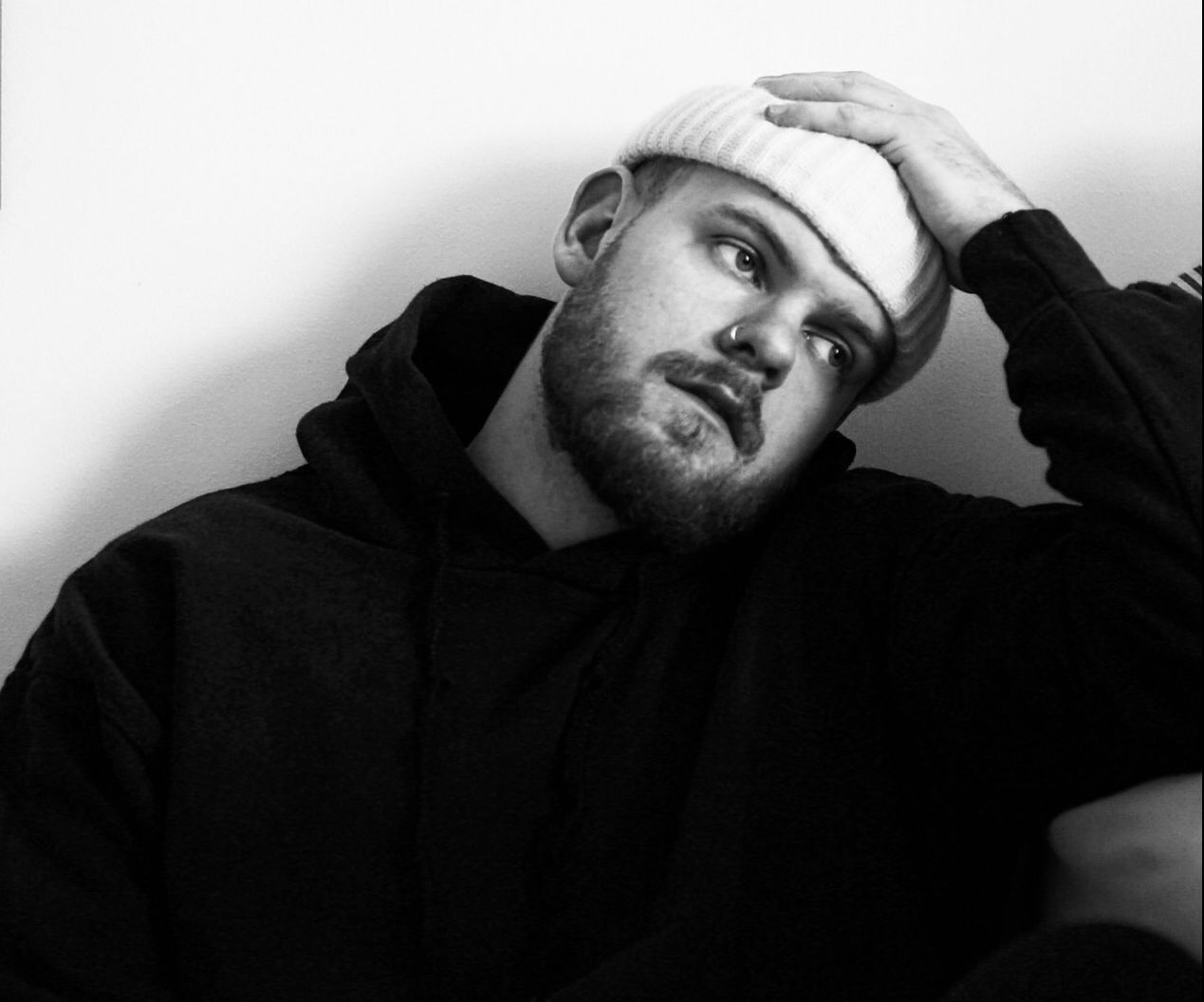
He shares his gratitude for people’s openness and willingness to applaud him for the initiative. However, being called ‘brave’ is a compliment he doesn’t seem fully able to accept.
“The podcast started from a rather egocentric standpoint. I find it much easier to press play and word-vomit into a mic for an hour about my feelings, than saying the same things I said in the podcast in the direct and real presence of another person,” he says.
“It becomes a lot easier for me to deal with people’s responses, and I can escape the feeling of wanting to alter my words due to another person’s reactions to what I am saying.”
I find it much easier to press play and word-vomit into a mic for an hour about my feelings, than saying the same things I said in the podcast in the direct and real presence of another person
It’s a double win in Philip Puggaard’s view.
“I get to deal with things that bother me and at the same time hope it works as an initiator for cultivating vulnerable conversation.
“The plan is to let the podcast take on the most flexible approach possible to facilitate the most personal space and room for the person joining.”
He stresses the importance of the guests wanting to participate for their own sakes, own feelings and own personal development.
“You should be there to help yourself and not just to help. You should feel OK with having the podcast episode being your space for the hour, whilst having me there with you.”
“And we don’t need to sit and talk about our childhood or biggest fears. The point is to talk about something we think is relevant. We could talk about our last date for example!” he continues with a laugh.
“It is just a format meant to help us tell and embrace our truth, in all its forms.”
He also understands that, for some, talking about these topics is better done in another type of environment.
“I am always up for taking a walk, having a cup of coffee or doing a CrossFit workout. I just really would like to help in any way I can. I think we need to help each other relieve some of the heavy tension that has built up in our heads and offer one another a welcoming escape. We all need that sometimes,” Philip Puggaard ends off with a twinkle in his eye.
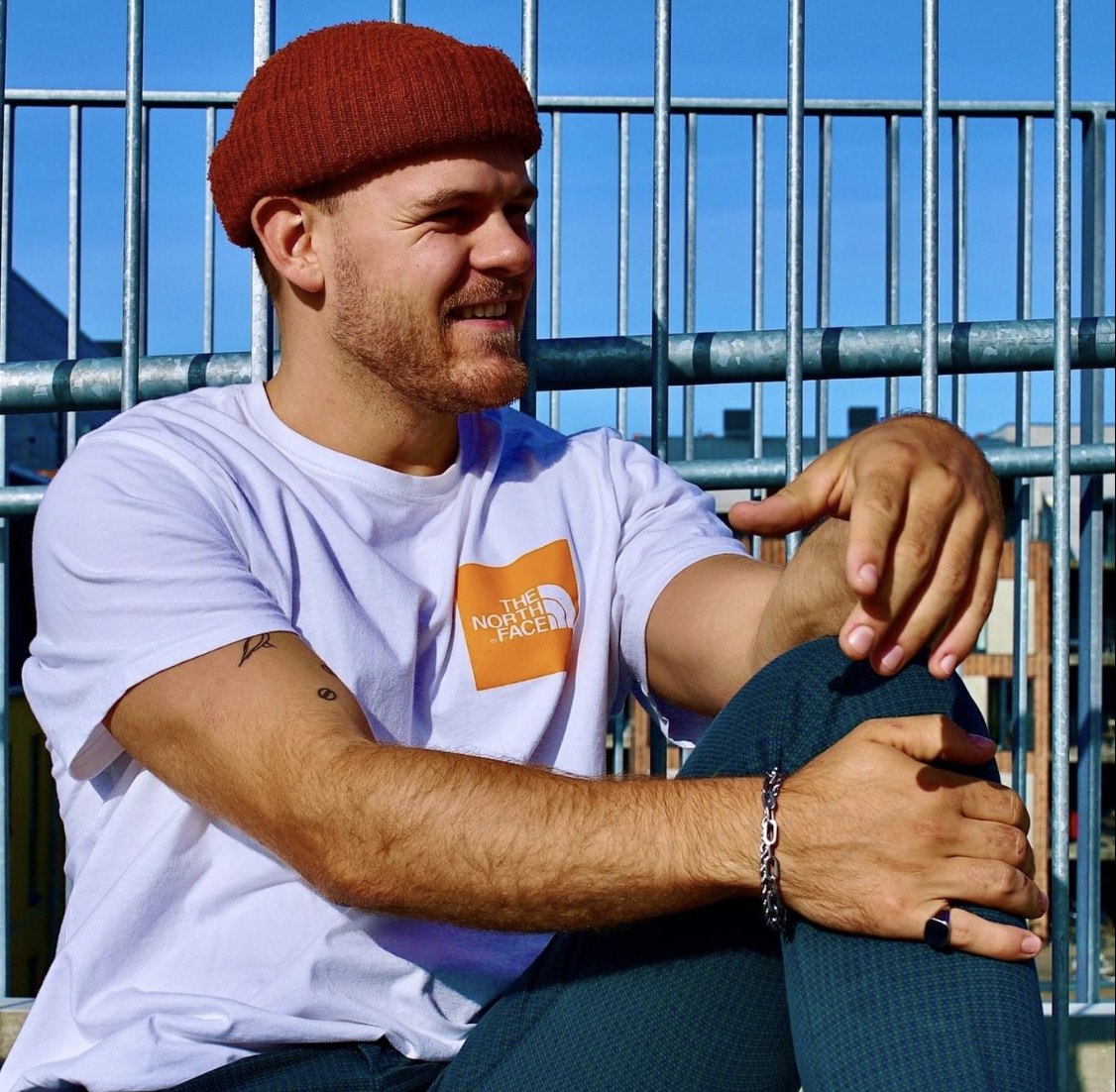




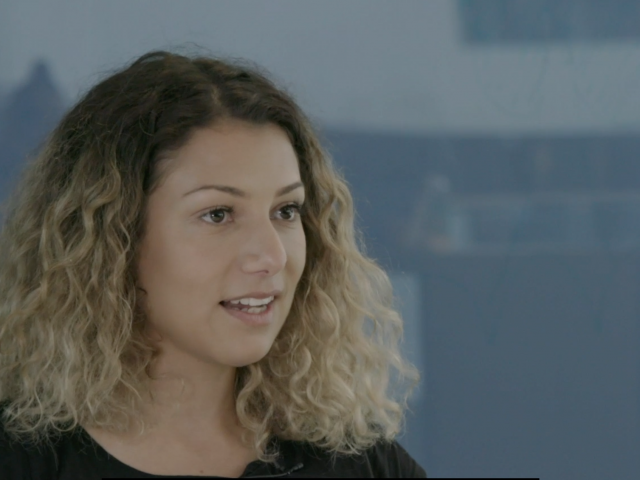

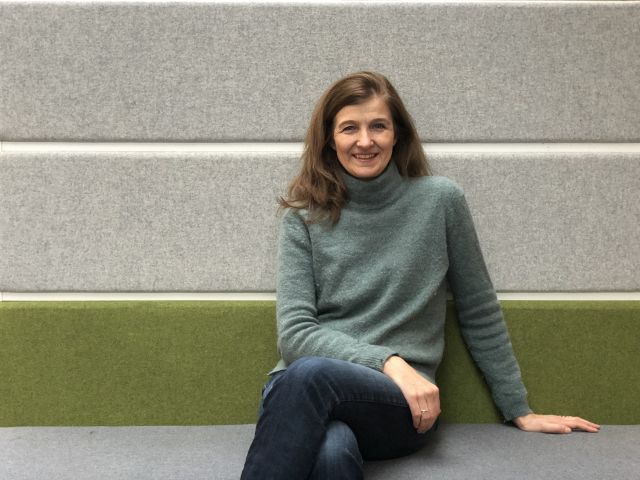
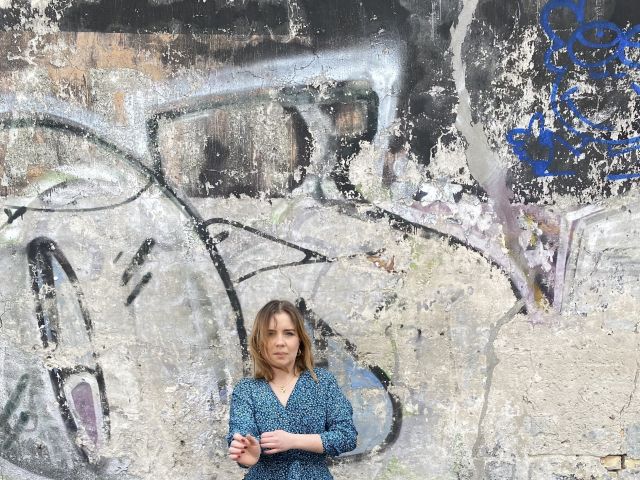
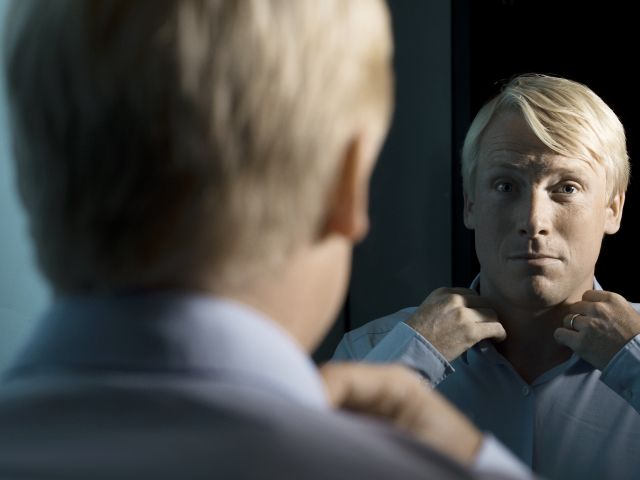


























































































































Comments